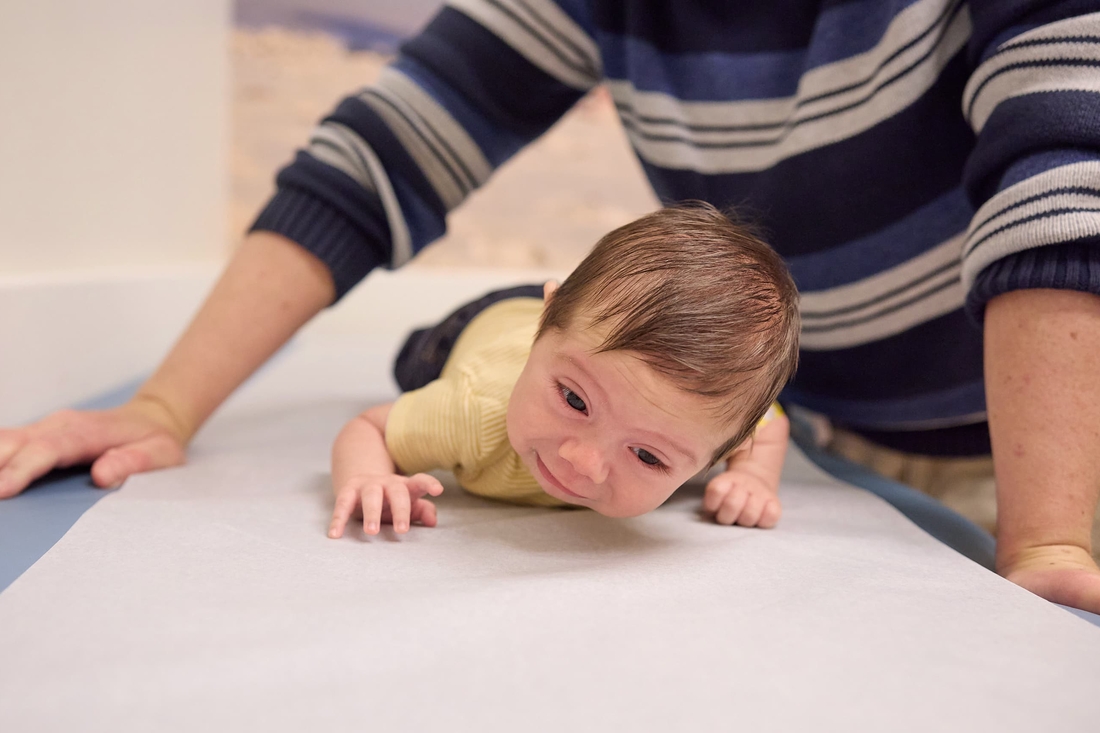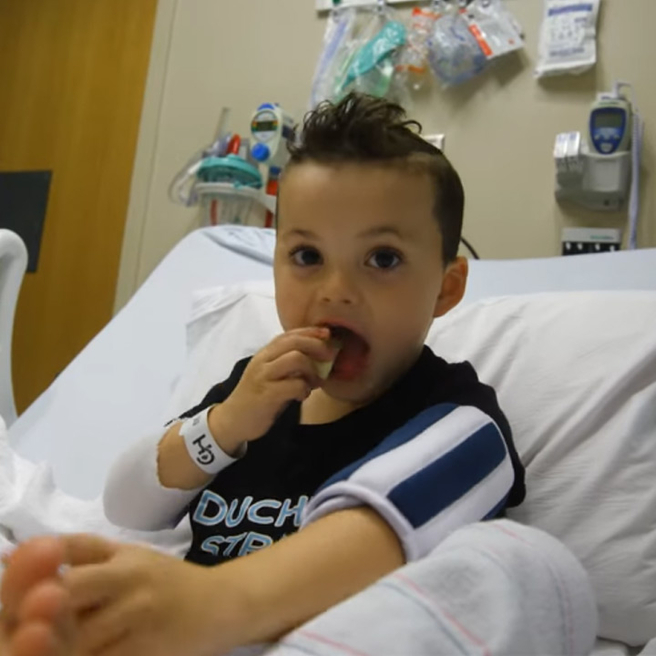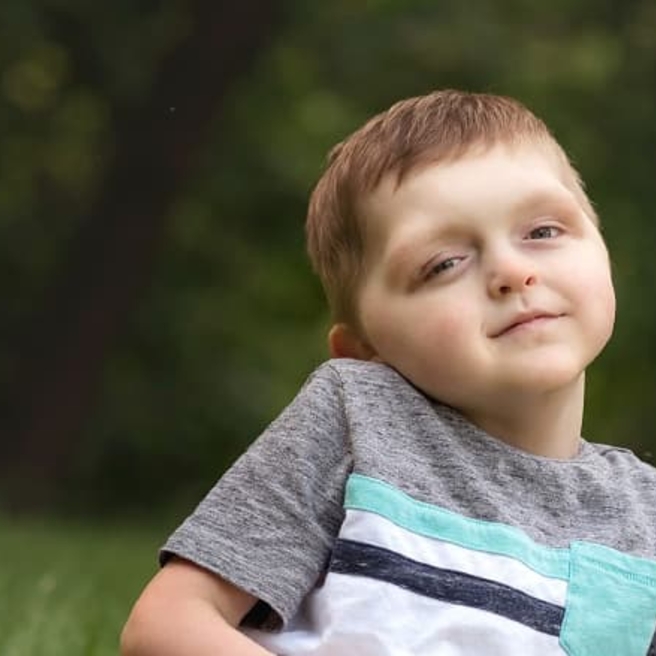Neuromuscular Program

Having a child with a neuromuscular disorder can be very challenging. The Neuromuscular Program at Children's Hospital of Philadelphia (CHOP) is here for you. While many neuromuscular disorders are not curable, proper treatment can help lower the severity of symptoms and slow their progression. Early diagnosis and treatment are essential to maximize function, increase independence and improve quality of life. Each member of our team is specially trained to care for children, adolescents and young adults with these complex conditions. We can provide the answers, support and advanced treatment options you and your child need.
How we serve you
Your child's neuromuscular team includes specialists who are experts in diagnosis and treatment. They are also involved in research to find ways to improve outcomes for children with the disorders, including gene therapy for neurologic disorders.
Conditions we treat
Each year, we care for more than 500 patients from around the country with a wide range of neuromuscular disorders.
-
Muscular dystrophy -
Spinal muscular atrophy -
Myasthenia gravis - Congenital myopathies
- Metabolic myopathies (mitochondrial, Pompe disease)
- Inflammatory myopathies (dermatomyositis, polymyositis, including body myositis)
- Peripheral neuropathy (hereditary neuropathy [CMT], acquired neuropathy)
- All forms of muscular dystrophy (Duchenne, Becker, Limb-Girdle, Ullrich congenital, Bethlem myopathy, facioscapulohumeral [FSH] and myotonic dystrophy)

Why choose us for neuromuscular care
The Neuromuscular Program is staffed by experts, offering your child the full spectrum of diagnostic tests and treatment options. At CHOP, we care for more than 500 patients nationwide each year.

Meet your team
Every member of your child's team has the same goal: to provide the best possible care. We offer medical care, emotional counseling, and more. We make sure your entire family gets the support you need.

Our locations
You can visit staff from the Neuromuscular Program at the Buerger Center for Advanced Pediatric Care and Main Hospital on our Philadelphia campus.

Our research
Clinical research studies fuel medical advances and drive better treatments and better outcomes for patients. By participating in a clinical trial, your child can gain access to emerging treatments while helping to create new opportunities for children everywhere.

Our resources
We have created resources to help you find answers to your questions and feel confident with the care you are providing your child.

Your child’s appointment
Doctor appointments can be stressful. Knowing what to expect at your child’s neuromuscular appointment can help you feel prepared, ease concerns and make your visit go more smoothly.
Your donation changes lives
A gift of any size helps us make lifesaving breakthroughs for children everywhere.


